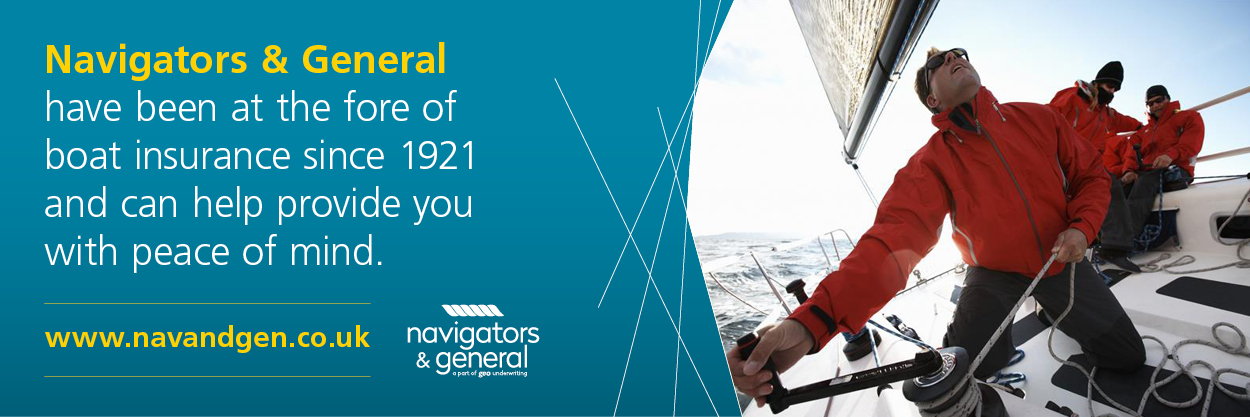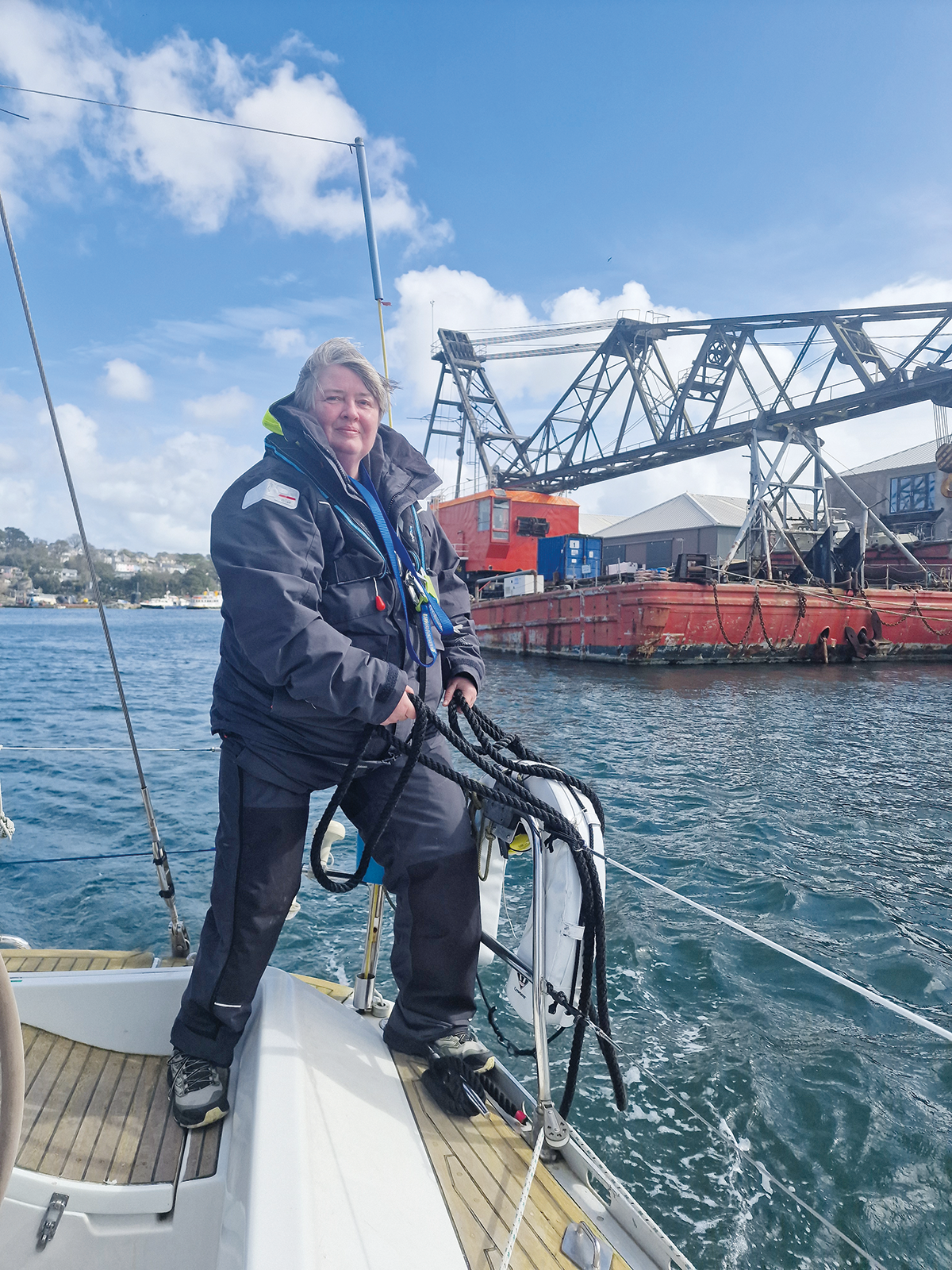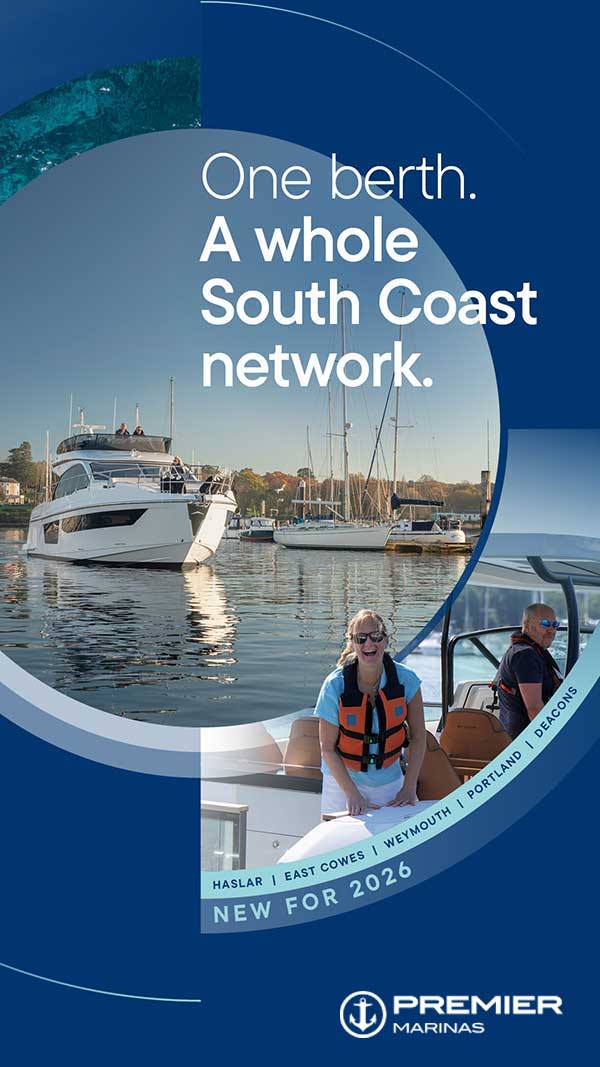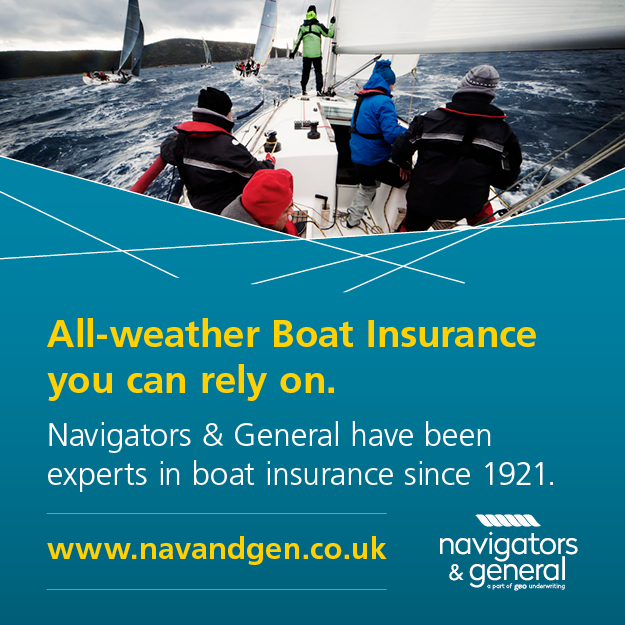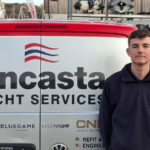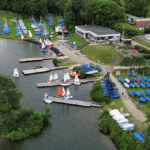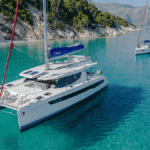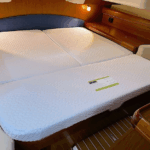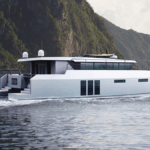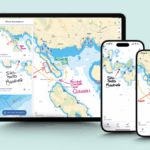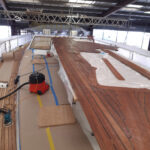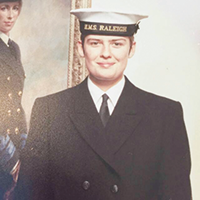
out parade in 1990
…with Janet Riddell who, after losing a leg 11 years after being injured in Iraq with the Royal Navy, rebuilt her life with help from the Royal Navy Benevolent Fund, Blesma and Turn to Starboard and now also volunteers to help others.
AAS: What inspired you to join the Royal Navy?
JR: My love for the sea and to see the world.
AAS: You visited some incredible places while in the Navy; what are some of your favourites?
JR: All the places I visited were equally important to my life going forward as they gave me a purpose and educated me as to how lucky I am to have the quality of life that I have today. Some of my favourites, however, were Antarctica, The Falkland Islands and South Georgia for their tranquillity and for the abundance of marine mammals and birds on view. Argentina, South Africa, Grand Cayman and the US Virgin Islands for the run ashore. Educationally I enjoyed St Helena, and the voyage through the Panama Canal. There are so many places I visited of which I enjoyed, but these are just a few.
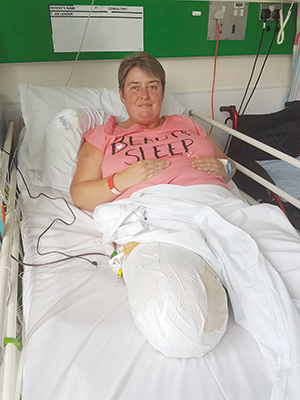
AAS: Your leg was amputated in 2017, 11 years after the Black Hawk helicopter you were in was shot down in Iraq. You held a charity sweepstake to ‘guess the weight of your leg’. What was the inspiration behind this?
JR: I wanted something good to come out of something so traumatic, and what better way than to help raise money for the charities that helped both myself and other veterans going forward.
AAS: Can you explain what the Royal Navy Benevolent Fund does and how it has helped you?
JR: The RNBT helps both veterans and their families who have served in the Royal Navy and/or the Royal Marines. They help when people fall on hard times. They offer assistance financially and are also there to offer guidance in times of need. The RNBT helped fund my first wheelchair and accessories, such as a warm cover and gloves after my amputation. Knowing they were there for me helped me mentally and whenever I speak to them, even up to this very day, they are always welcoming, ensuring that my needs are met, not just with the offer of financial support, should I need it, but also just for a chat.
AAS: Have you always had a love of the sea, and is this why you learned to sail with Turn to Starboard?
JR: Yes. I noticed an article in a local newspaper that said I could learn to sail with a charity specifically set up for veterans. I thought this is my way back to my happy place, this being the sea, so I gave them a call. Turn to Starboard are an amazing charity who not only gave me the opportunity to sail, but they have also become my second family. Sailing with veterans is equally special as we have all been through experiences that I feel civilians would not understand. It also gave me something for myself other than me helping others, which I enjoy but it can also take its toll. This was a great outlet and opportunity for me to be back in my happy place and also a place where I feel at home and at peace.
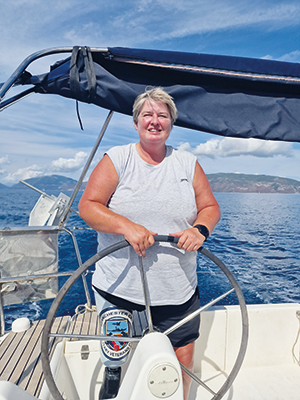
AAS: How did it feel to be the first woman to skipper a boat for Blesma, the veterans’ amputee charity?
JR: It was my first time skippering a boat without having an instructor with me, so I was a little apprehensive at first. Just like when you have just passed a driving test. With the crew I had and the idyllic location, Greece, I soon settled into my role as skipper. It was a thoroughly enjoyable experience and an honour to have been given this opportunity. I was also proud to have been the first female to skipper a boat for Blesma; hopefully this will encourage more females going forward.
AAS: Can you tell us about your work at Portsmouth’s Enablement Centre?
JR: I feel that civilians do not get the same level of support as us veterans following amputation. We have a monthly night out where we meet with both amputees and their families to enable new amputees to gain knowledge and experience from those who are seasoned amputees. I offer advice and help with the completion of benefit forms and also advise individuals about what is available to them as a disabled person. I created a spreadsheet containing links which is on the noticeboard at the centre along with my contact details should an individual need help. I also, along with my partner, offer swimming lessons as it is very different with limb loss. This hopefully helps individuals to think more positively and change their mindset to ‘I can do anything; I just do it differently’. I also trial new legs and get involved in studies at different universities, as well as giving talks to the students about my journey as an amputee and the difficulties I have faced, thus helping the progression of prosthetics going forward.
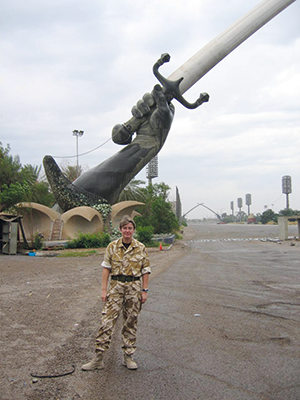
AAS: You are training to become a Yachtmaster; what are your plans after this?
JR: I would like to volunteer as a skipper for Turn to Starboard and give something back to the charity that has given me so much. They also offer opportunities for all female crews so they will be looking for more female volunteers to help with this venture. I would also like to skipper boats for other charities should the opportunity arise, and of course Blesma who have a yearly activity sailing in Greece. You cannot keep me away from the sea for long.
AAS: What is your favourite place to sail?
JR: Anywhere to be honest. The coastal waters off Britain offer more challenges in the way of tides and weather, whereas places like Greece offer calm seas and good weather.
AAS: We hear you love football; which team do you support?
JR: Manchester City of course as I come from Manchester. I have a season ticket for home games and also attend a few away games every season.
FURTHER INFO
RNBT: rnbt.org.uk
Turn to Starboard: www.turntostarboard.co.uk
Blesma: www.blesma.org






